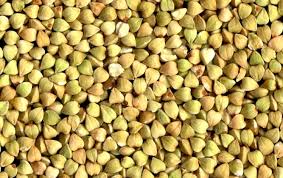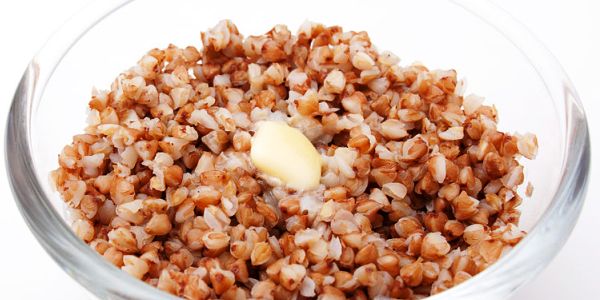 Overview
Overview
Buckwheat (Fagopyrum esculentum) is a plant grown for its seeds which resemble grains, though not a grain crop like wheat or other grass crops. Its close cousins include rhubarb and sorrel. Buckwheat has numerous health benefits as explained in this article.
1) Source of proteins
Buckwheat has been considered as a possible substitute to lower plasma cholesterol, body fat as well as cholesterol gallstones. This is because it is the best source of high-quality easy to digest proteins.
2. Alternative source of Fat.
Instead of obtaining fat from other processed foods, Buckwheat starch will adequately supply you with good source of fat for the body.
3. Source of Rutin
Rutin, which is derived from the leaves of buckwheat, is used to treat high blood pressure hence a good medicinal source.
4. Fights Allergy.
Hulls from Buckwheat are put inside as pillows as stuffing material to help those allergic to feathers, dust and pollen.
5. Management Of diabetes
Research has shown that Buckwheat is useful in the management of diabetes as it has a Glycemic Index of %4. GI of 54 is good enough to lower blood sugar. Glycemic Index is used to measure the impact of various foods on the blood sugar on a scale of 1-100, with pure glucose having a GI of 100. The lower the GI the better as it helps to stabilize the blood sugar, better than rice or other wheat products. It should however not be too low as to cause low blood sugar, otherwise known as hypoglycemia.
6. Boosts digestion
Buckwheat is effective in improving appetite as well as treating dysentery and chronic diarrhea. This is due to its thermal nature, sweet flavor and its role in the small intestines.
7. Free from Chemicals
Buckwheat does not require lots of pesticides and other chemicals in order to grow. It grows fast hence has no non-organic components in it.
8. Removal of excess body fluids
Buckwheat draws water and excess fluids from swollen parts of the body, making it useful in removing excess water from the body.
9. Warming food.
Buckwheat is considered a macrobiotics which implies it as a warmth providing food to be taken in cold seasons such as winters.
10. Gluten Free
Buckwheat is not a grain hence excellent for celiac people and those on grain free and gluten sensitive meals.
References:
Buckwheat Nutrition Information

